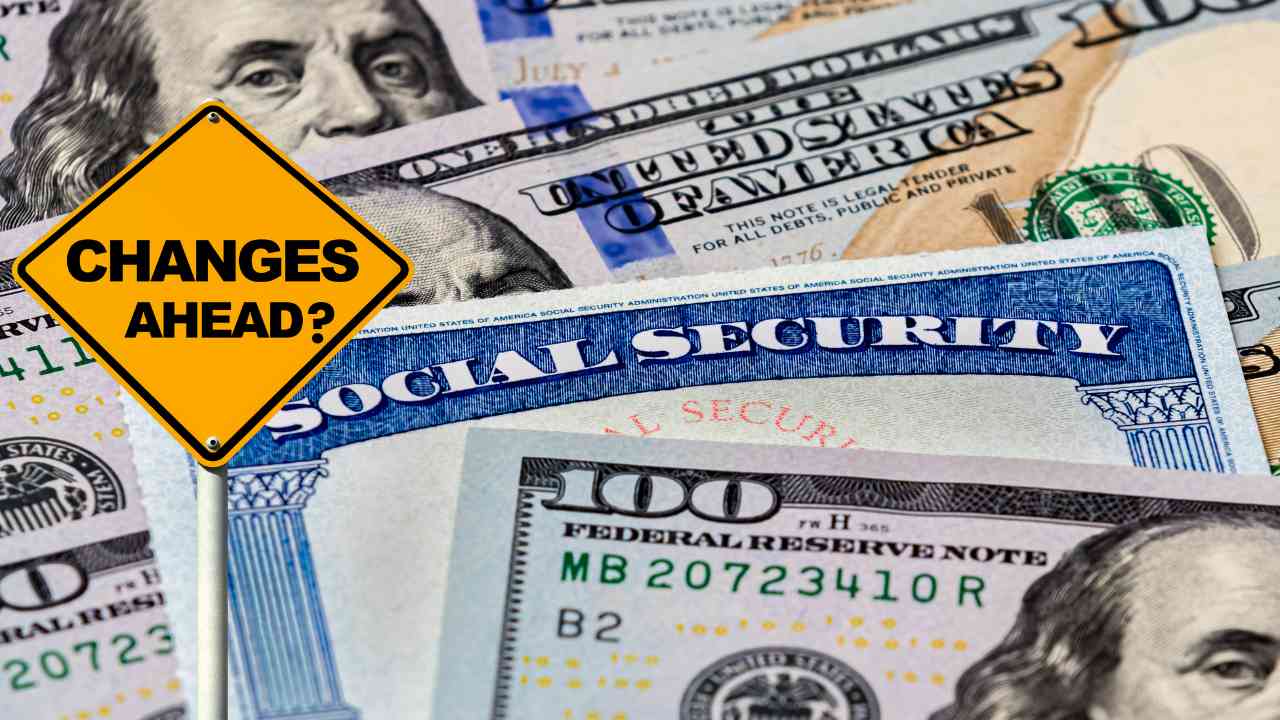As part of getting ready for the new year, the Social Security Administration (SSA) is telling the public about some of the changes they will be making to make the transition to 2025 go smoothly.
People who get help from the five programs the SSA runs are looking forward to most of the changes. However, one rule that many people were hoping would be updated will not be changing this year.
Any way you look at it, beneficiaries need to know about all the changes and how they will impact them in the future. In 2025, the SSA will make the following changes that are very important.
Social Security benefits are getting a 2.5% cost-of-living adjustment
A cost-of-living adjustment (COLA) is added to benefits every year to help people keep up with inflation. If prices go up by 2.5% every year, benefits will also go up by that much in 2025.
Since inflation has been higher than the COLA in 2024, seniors are especially worried that this increase will not be enough to cover their costs.
And a lot of people are right to be worried about the small rise. Even though inflation is going down, the average senior’s Social Security payment will go up by about $49. After taking out the already-announced $10 increase in Medicare, they will only have $39 left to cover their costs.
The earnings-test limits are increasing
The earnings-test limits are going up, which is good news for people who get Social Security benefits while working. People who are working and haven’t reached their full retirement age (FRA) yet are limited to this amount. One is for people who won’t reach FRA in 2025, and the other is for people who will.
If you don’t make FRA, the earnings-test limit in 2025 is $23,400. Once you earn that much, $1 in Social Security benefits is taken away for every $2 you earn.
The earnings-test limit is $62,160 if you reach FRA in 2025. After that amount, $1 in Social Security benefits is taken away for every $3 in earnings.

The wage cap is rising
Lawmakers decided to limit the amount of payroll taxes that can be used for Social Security because it can only grow so much. The most you can earn and still qualify for Social Security is $176,100 in 2025, up from $168,600 in 2024.
This is done to make sure that taxes go up with wages without punishing people whose wages only go up by the COLA.
The new cap will mean that new workers who make less than the cap will have to pay an extra $930 in taxes. As usual, this will be split evenly between the workers and their employers. People who work for themselves will have to pay the full amount.
The threshold for taxes on benefits is not changing
Many people think that Social Security benefits are taxed on their own, but that’s not true. When someone gets Social Security, they are taxed on their “combined income,” which is 50% of their annual benefit plus any other taxable income and interest income that is not taxed, like what you get from municipal bonds.
Because many beneficiaries depend on Social Security benefits and don’t make enough money to pay taxes, this is a good thing. About 40% of people who get benefits pay taxes on them.
Still, the combined income limits were set decades ago and haven’t been changed since. This means that more beneficiaries pay these taxes every year.
People who file their own taxes and make at least $25,000 a year must pay taxes on their Social Security. That limit goes up to $32,000 for married couples filing jointly.
Changing these thresholds would make life better for many beneficiaries who are having a hard time making ends meet, but men haven’t tried to change these thresholds.















Leave a Reply